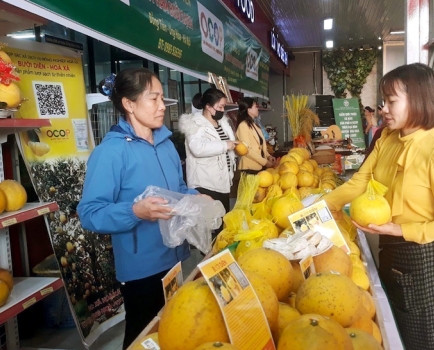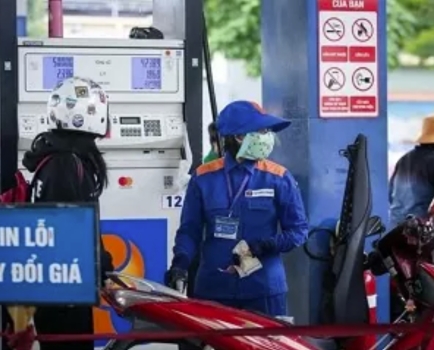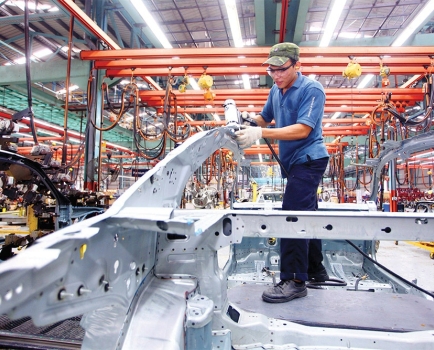Paws for thought: cat meat still top of the menu
Mon, 18 Nov 2019 14:56:00 | Print | Email Share:
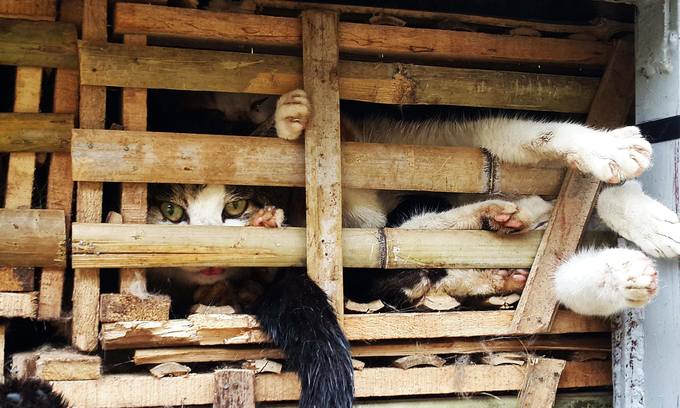
Despite authorities trying to dissuade people from eating cat meat, many Vietnamese are not persuaded.
At the back of a restaurant in Go Vap District, Ho Chi Minh City, cats stand paws splayed against the bars of their tiny wooden cage, soon to slaughtered. The carcasses are shaved and their skins burned, meters from a pile of ageing, silent bones.
Often grilled or stir-fried in a marinade of garlic and peppers, the meat is best served with an accompaniment of beer or rice wine.
Sitting on stools, two groups of men await their food.
"My restaurant has been running for three years. Cat meat is exotic and expensive, perfect for those with good taste. Customers can pay up to VND2 million ($86.34) for a black cat," says owner Cuong.
It is difficult to cook cat meat, he adds, noting he first learnt the recipe from a relative in northern Thai Binh Province.
Cuong's restaurant serves up to five cats a day, "though by the end of lunar months, the number could double thanks to the belief the meat helps avoid bad luck." The owner describes cat meat as softer and sweeter than pork or dog meat, an attractive quality among carnivorous clientele.
Cats, or "little tigers", are traditionally viewed as a source of strength and agility.
Nicknamed "cat meat capital", northern Thai Binh Province boasted dozens of "little tiger" joints. Many have closed or started serving cat meat alongside chicken or rabbit due to a decline in interest.
Sociologists and other experts say several factors have led to the drop in consumption of cat meat, for long a normal practice in the country.
One of them is an increase in pet ownership that has followed a rise in incomes and living standards. The increased affection for animals has led to a reduction in people seeing cat meat as food.
However, the meat remains a favorite during festivities.
In 2018, Hanoi People's Committee estimated the city hosted around 1,103 stores selling unregulated dog and cat meat.
According to Huynh Thi Nhu Quyen, a cat rescuer and owner of two animal foster homes in HCMC, there are up to 20 cat meat restaurants in the district of Go Vap and District 12.
The restaurants mainly use imported cats because of thin local supply, said some restaurants’ owners.
"About 70 percent of my cats are imported from China. They are killed before delivery and cost a mere VND100,000 ($43.32) per kilogram," explains Cuong.
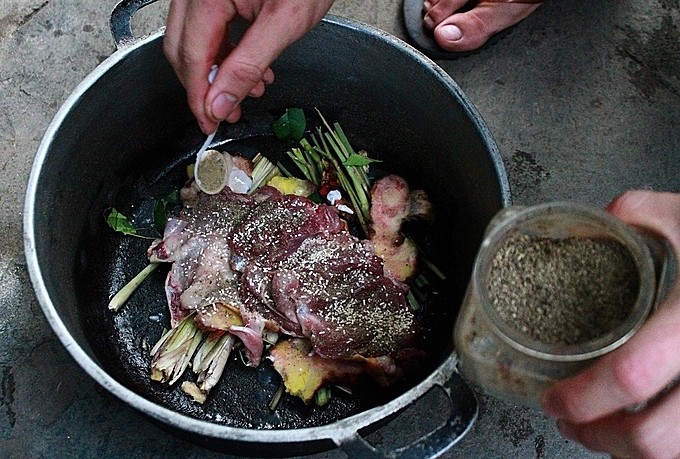
A purr in the pan. Photo by AFP.
In March 2019, hundreds of cat carcasses were found on a trans-Vietnam bus bound from northern Thai Binh Province to southern Binh Duong Province. Local police confirmed the meat was meant for the local restaurant industry, but failed to determine an origin.
Two months later, a Chinese truck transporting 400 kilograms of cat meat was apprehended in northern Quang Ninh Province.
The most prominent case occurred in 2015, when Hanoi police seized a truck smuggling over three tons of living cats, many of which died en route.
Saying he had bought the cats at the border, the driver confessed they were sourced from China without approval from local authorities.
Illegal act
Hanoi Municipal People's Committee last year clarified the killing and selling of dogs and cats for human consumption cast the city in a negative global light. This dietary preference tarnishes Hanoi’s image as "civilized and modern," the statement read, adding, "the city wants its inhabitants to see the value in treating animals humanely."
It further stressed the dog and cat meat trade could heighten the spread of infectious diseases like rabies, cholera, and spiral bacteria-related illnesses.
The industry, needless to say, faces regular condemnation from animal welfare organizations that maintain the slaughter of cats is brutal and negatively impacts pet culture.
"Cats are the forgotten victims of the dog meat trade, which usually draws all the attention," said Michele Brown, CEO of Fight Dog Meat, in response to images captured by Quyen in March, 2018 depicting a cat meat market in Binh Tan District of HCMC.
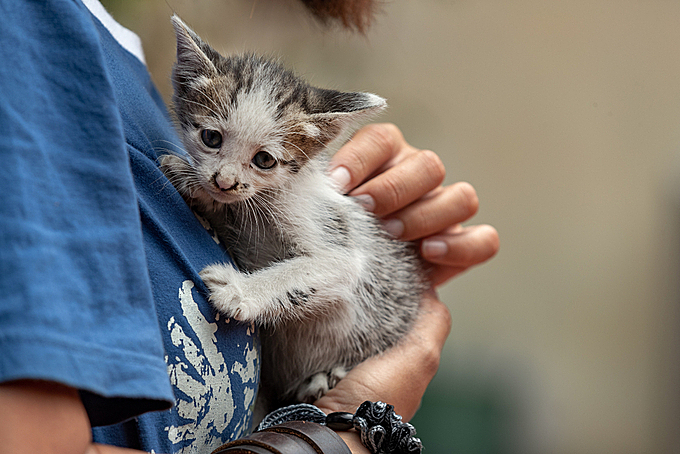
Pet culture has bloomed in recent years. Photo by Shutterstock/Yavuz Sariyildiz.
Labelling cats "the weak victims", Quyen notes many restaurants have shut up shop or gone underground in pushing cat meat, which is losing its appeal.
Paying up to VND1 million ($43.18) per cat rescued from traders, Quyen now hosts more than one hundred awaiting a new home at her foster facilities.
She has met hundreds of cat owners who have had their furry friends disappear. "Last year, a woman visited my home thrice after losing three cats. I did my best to help her, but unsuccessfully. She eventually ceased having pets."
The fear of having their cats stolen is becoming a local obsession, especially among urbanites in Hanoi and HCMC, where pet culture has bloomed in recent years.
To reduce rat population, the Vietnamese government first banned the trading and consumption of cat meat in 1998, a law that remains in effect.
However, hundreds of restaurants still dish out cat meat across the country, with traders seldom facing legal action.
"The rat plague ended years ago. Now, no one cares about killing cats. I personally have no problem with the law, though it’s hard to ignore public opinion," Cuong explains.
With pet culture on the up, he knows trading in cat meat is far from best practice. Demand is such, however, that for him, quitting remains little more than a pipe-dream.
"I prefer imported meat processed before it crosses the border. I really can’t imagine myself taking part in the painful act of killing," he confesses.
By: Long Nguyen/Vnexpress
Source: https://e.vnexpress.net/news/life/trend/paws-for-thought-cat-meat-still-top-of-the-menu-4004656.html
---------------------------------------------
Same category News :





